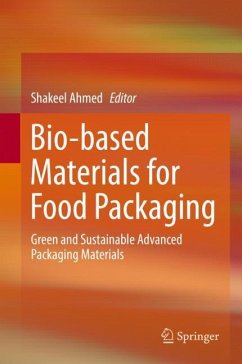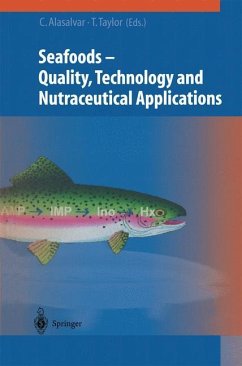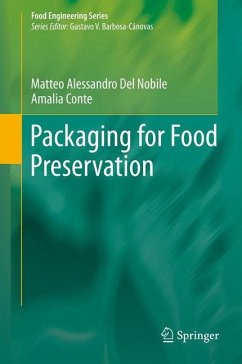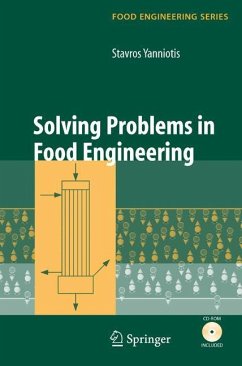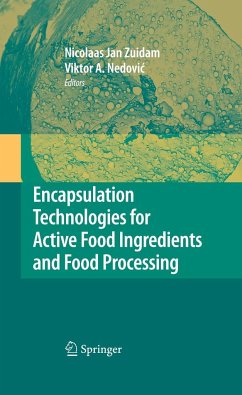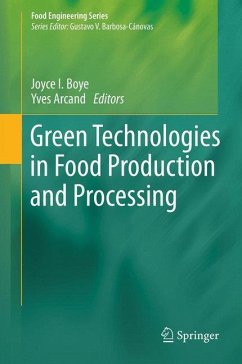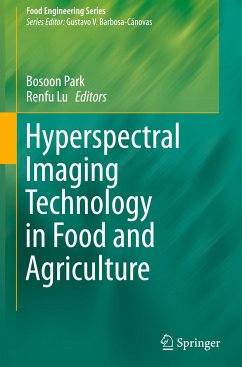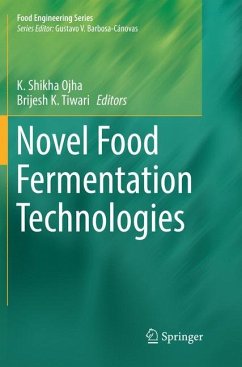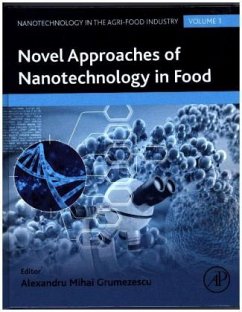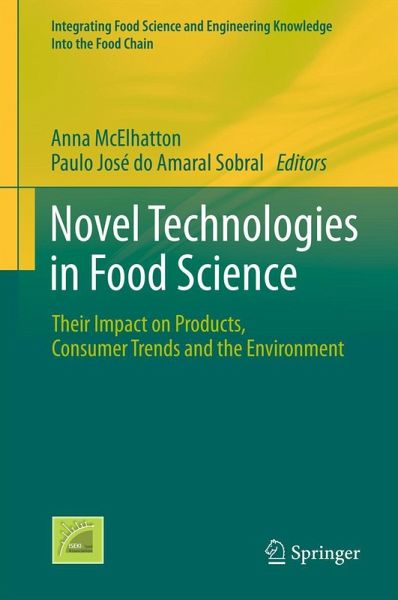
Novel Technologies in Food Science
Their Impact on Products, Consumer Trends and the Environment
Herausgegeben: McElhatton, Anna; Amaral Sobral, Paulo Jose do
Versandkostenfrei!
Versandfertig in 1-2 Wochen
75,99 €
inkl. MwSt.

PAYBACK Punkte
38 °P sammeln!
Novel Technologies in Food Science: Their Impact on Products, Consumer Trends and the Environment, the seventh volume of the ISEKI-Food book series, discusses how novel food technologies are connected to the production of foods and how they impinge on our daily lives through consumers selection and continued loyalty to product types. Topics include waste and waste management, HACCP, safety issues in the use of nutraceuticals and functional foods, and green technologies to produce novel products. Like the other books in the series, this volume has chapters written by scientists specializing in ...
Novel Technologies in Food Science: Their Impact on Products, Consumer Trends and the Environment, the seventh volume of the ISEKI-Food book series, discusses how novel food technologies are connected to the production of foods and how they impinge on our daily lives through consumers selection and continued loyalty to product types. Topics include waste and waste management, HACCP, safety issues in the use of nutraceuticals and functional foods, and green technologies to produce novel products. Like the other books in the series, this volume has chapters written by scientists specializing in the field. This book is intended for graduate students and senior level undergraduate students as well as professionals and researchers interested in both food and environmental issues applicable to sustainable food production.





